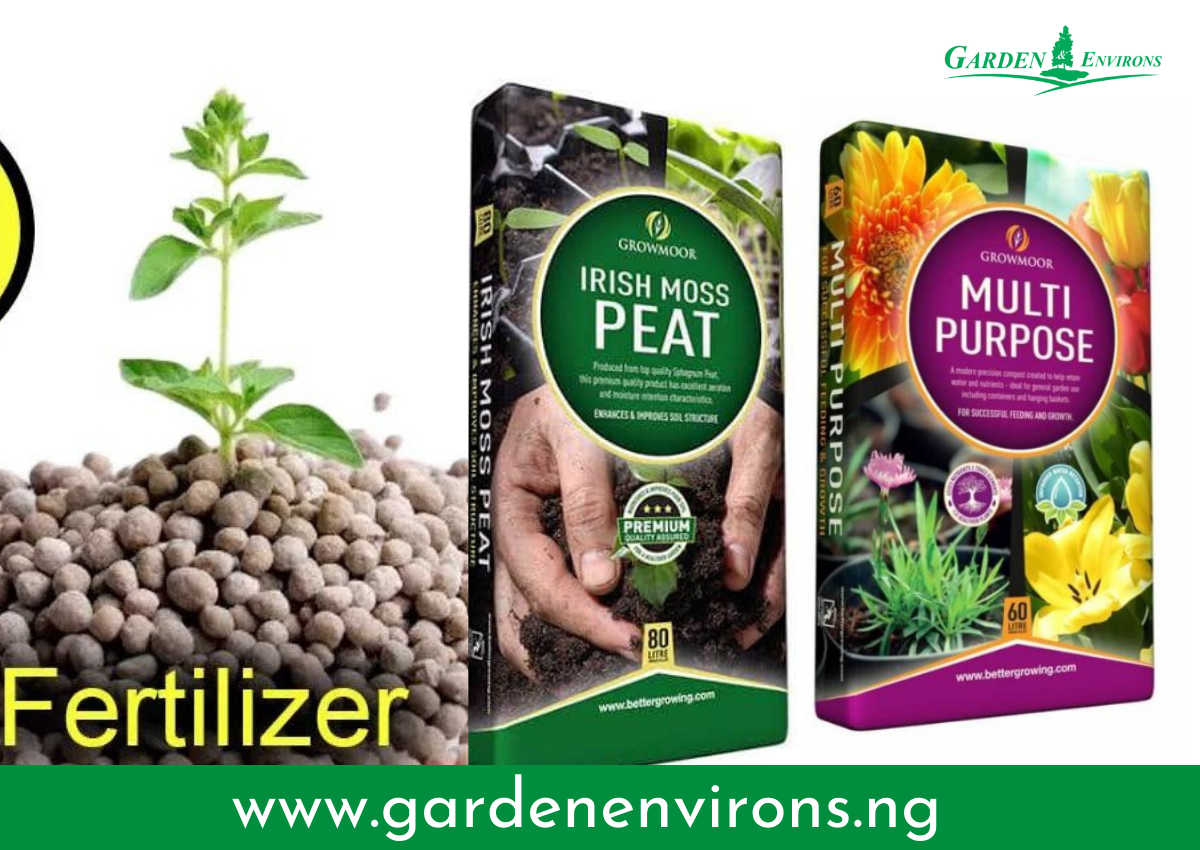There’s no escaping the fact that soil, sunlight, and water are essential factors for growing plants, but many aren’t aware of the importance of fertilizer. You can significantly improve your plants’ growth and health by using fertilizers regularly. This is especially beneficial for indoor potted plants.
Farmers and families utilize fertilizers on a regular basis to aid in the growth of their gardens and crops. Numerous fertilizers have been created to aid in the growth of various crops in various soil types and climatic situations, whether they are used on a small farm with a few thousand acres of crops or a huge farm with thousands of acres of crops. To help you understand how to use fertilizer properly and why it is so important, here are some quick facts about it.
The production of enough crops each year to supply people with food, clothes, and other agricultural goods is crucial as the world’s population continues to rise. The soil in which crops like maize, wheat, and cotton are cultivated supplies them with nutrients; different crops deplete soil nutrients at different rates and in different ways. After only a few planting seasons, some crop growth might exhaust the soil’s nutrient reserves. In order for crops to develop and be harvested for nutrient-rich food, they need to be given the nutrients they require from fertilizers.
What substances are found in fertilizers?
The majority of chemical fertilizers are created when an acid and an alkali react. Additionally, three macronutrients—nitrogen, phosphorous, and potassium—are frequently included in packaged fertilizers. A vital component in the creation of superior, efficient fertilizers is ammonium nitrate, an excellent supplier of nitrogen and ammonium for plants.

Fact 1:
Numerous crops, including wheat, maize, rice, and other cereals and pulses, benefit from fertilizer use and see a rise in yield.
Fact 2:
Plant productivity and better crops are made possible by biofertilizers. Additionally, it is tasked with eliminating harmful elements that cause sickness. The biofertilizers Acetobacter and Rhizobium are both often utilized.
Fact 3:
Although fertilizers don’t add humus to the soil, they do enhance the physical state of the soil.
Fact 4:
Because fertilizers are water-soluble, plants can easily absorb them, which helps increase crop yield by giving plants vital nutrients.
Fact 5:
Fertilizers boost agricultural productivity and supply enough food to support a big population because they are predictable and dependable.
Fact 6:
Biofertilizers contribute by creating biomolecules necessary for plant growth and development, such as auxins, cytokines, biotins, and other biomolecules.
Fact 7:
Fertilizers are primarily used to supplement all of the vital elements that plants lack in the soil as well as to improve the soil’s fertility and texture.
Why Compost, You Ask? When there is Fertilizer
Composting, in the opinion of many gardeners, is essential to fostering a more healthy garden environment.
- By providing food for microorganisms that may then feed insects, which in turn provide food for birds, bats, and other garden workers, compost aids in the establishment of a healthy ecosystem in your environment
- You may save money each year by using compost instead of artificial fertilizers and other additives.
- Composting aids in recycling organic waste and food scraps that would otherwise end up in the trash, reducing waste.
- Composting makes sure that plants live longer and in better condition.
- Composting is a great practice for the reasons listed above, and it’s also quite simple to set up your own composting area. You may run a composting operation whether you have a little yard or a large one.
- Your plants can get a great source of rich, nutrient-rich fertilizer from compost.

